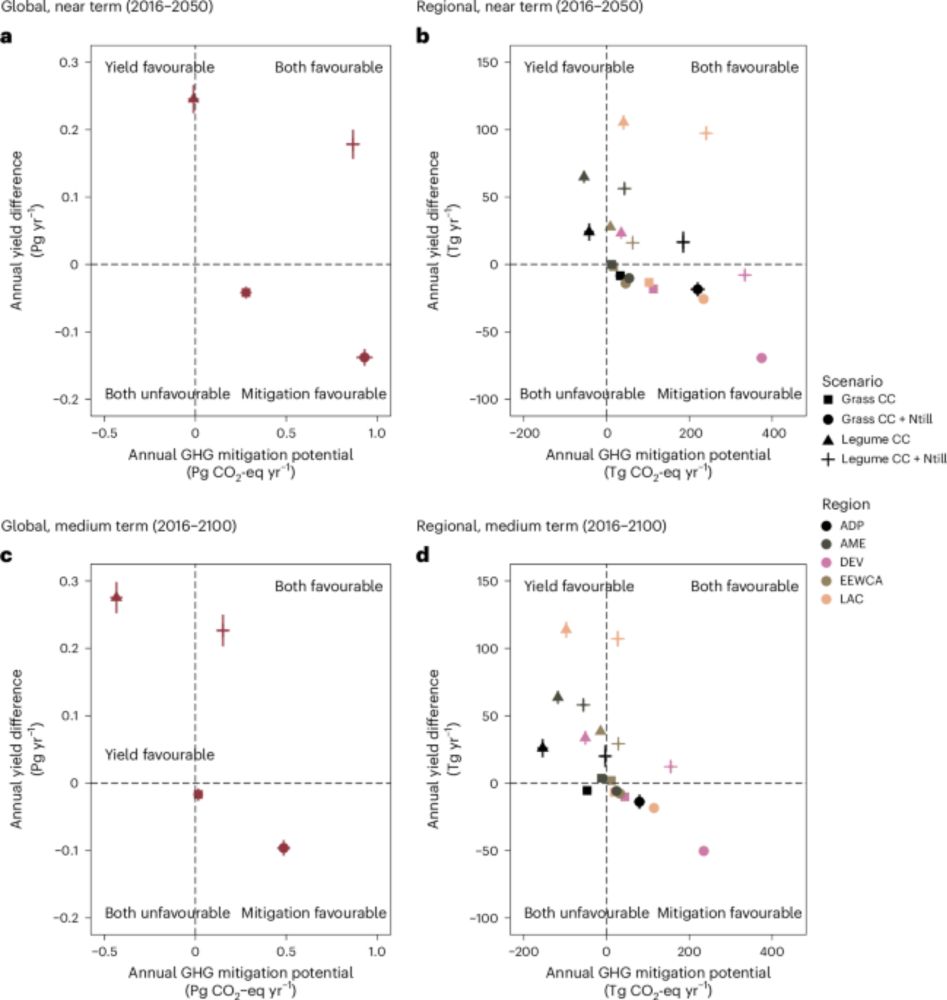
We show that maintaining crop yields lowers the global climate benefits of natural climate solutions on croplands. But, we highlight where win-win opportunities exist for these practices to contribute to climate and production goals. 1/N
www.nature.com/articles/s41...
I am so excited to announce that I’ve recently joined the faculty at the School of Marine and Atmospheric Sciences @stonybrooku.bsky.social ! My initial position is as a faculty fellow under the SUNY PRODiG+ Fellowship Program. 1/n
www.stonybrook.edu/commcms/soma...

I am so excited to announce that I’ve recently joined the faculty at the School of Marine and Atmospheric Sciences @stonybrooku.bsky.social ! My initial position is as a faculty fellow under the SUNY PRODiG+ Fellowship Program. 1/n
www.stonybrook.edu/commcms/soma...
Friendly amendment: stop burning fossil fuels (responsible for 2/3 of historical CO2 emissions), and also stop deforestation & land-use change (the other 1/3).
And if you do something that reduces fossil CO2 but increases land use and deforestation EVEN MORE, that’s an anti-solution. Avoid.
Friendly amendment: stop burning fossil fuels (responsible for 2/3 of historical CO2 emissions), and also stop deforestation & land-use change (the other 1/3).
And if you do something that reduces fossil CO2 but increases land use and deforestation EVEN MORE, that’s an anti-solution. Avoid.
How do plant-soil feedbacks support carbon sequestration in grasslands receiving compost?
Here’s what we learned ⬇️
tinyurl.com/muk2ufe5
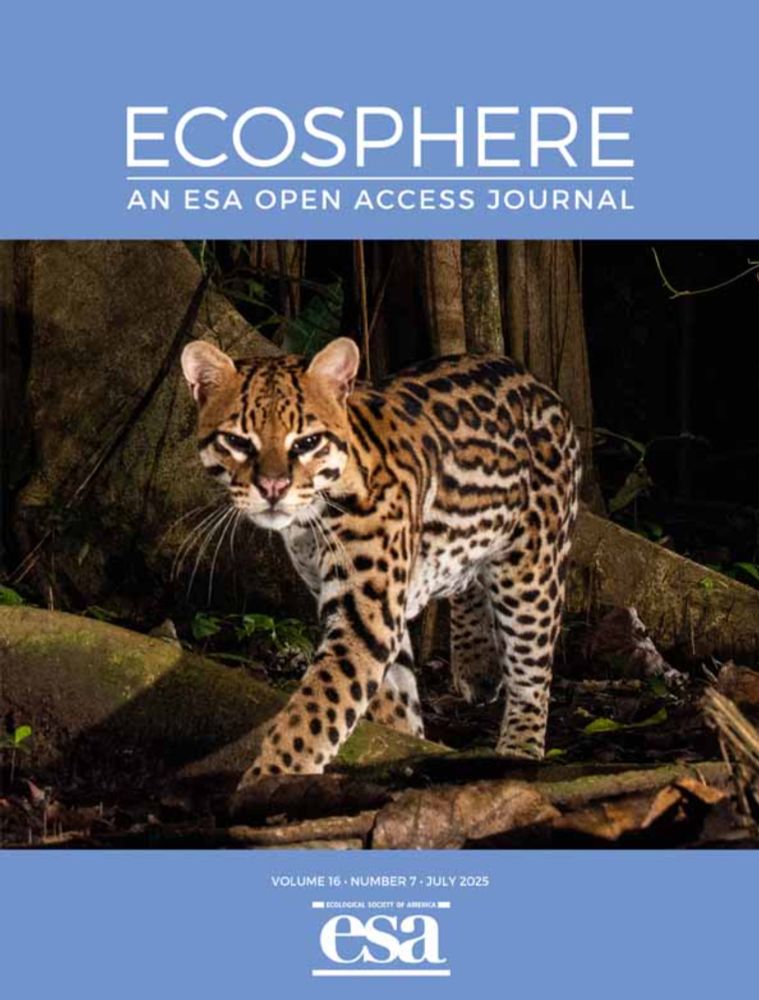
How do plant-soil feedbacks support carbon sequestration in grasslands receiving compost?
Here’s what we learned ⬇️
tinyurl.com/muk2ufe5
We examine the spatially variable tradeoffs between climate change mitigation and crop yields under regenerative agriculture. Globally, safeguarding crop yields will substantially lower mitigation potential.
Read more ➡️ rdcu.be/eo6lE
We examine the spatially variable tradeoffs between climate change mitigation and crop yields under regenerative agriculture. Globally, safeguarding crop yields will substantially lower mitigation potential.
Read more ➡️ rdcu.be/eo6lE
We have written an open letter to the NZ PM and I spoke to the FT👇🧵
www.ft.com/content/2ea6...
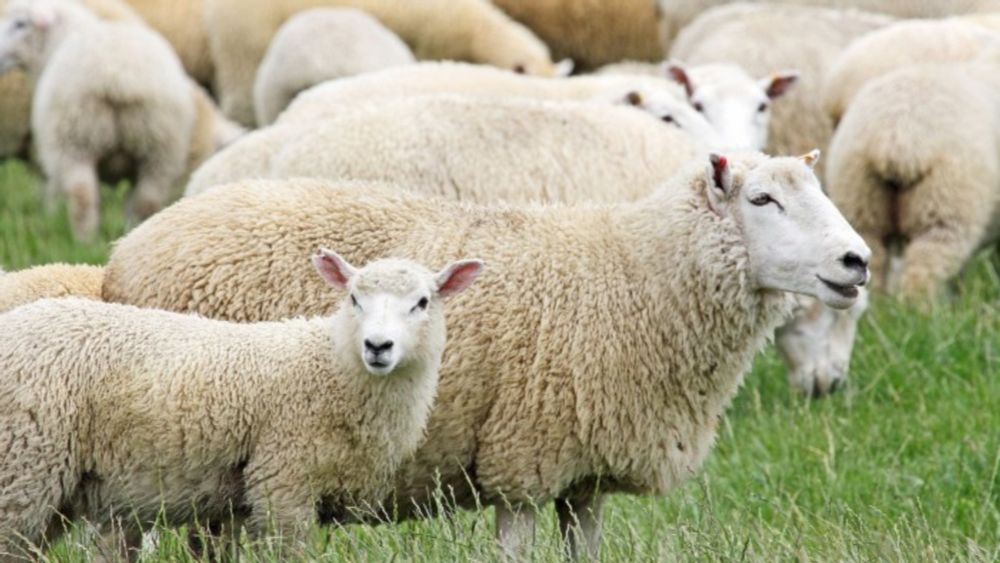
We have written an open letter to the NZ PM and I spoke to the FT👇🧵
www.ft.com/content/2ea6...
Read here ➡️ tinyurl.com/yfmwy34h
Read here ➡️ tinyurl.com/yfmwy34h
We show that maintaining crop yields lowers the global climate benefits of natural climate solutions on croplands. But, we highlight where win-win opportunities exist for these practices to contribute to climate and production goals. 1/N
www.nature.com/articles/s41...

We show that maintaining crop yields lowers the global climate benefits of natural climate solutions on croplands. But, we highlight where win-win opportunities exist for these practices to contribute to climate and production goals. 1/N
www.nature.com/articles/s41...
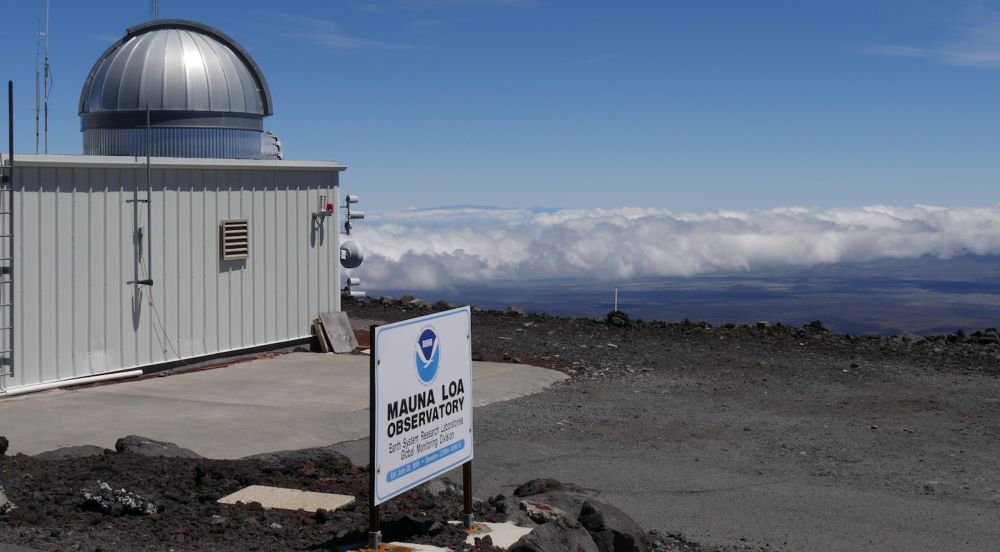
Our research asks if adopting intensification strategies and mitigation technologies (without lowering meat + milk demand) are *enough* to meet CH4 targets at global and regional scales
Come by to find out if they are (or not) if you’re here at #AGU24!
Come see me at my poster during #AGU24 (GC13L-0336) on Monday, Dec. 9 from 13:40-17:30 EST to find out!
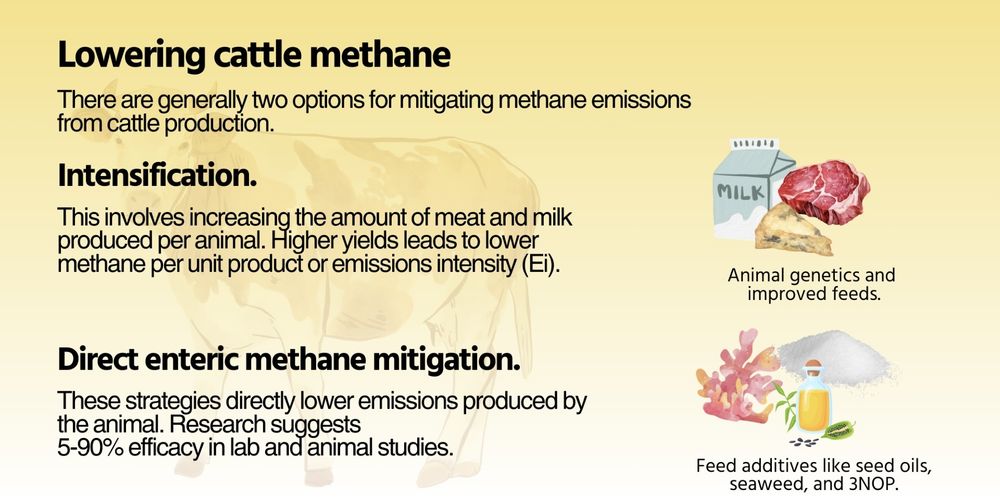
Our research asks if adopting intensification strategies and mitigation technologies (without lowering meat + milk demand) are *enough* to meet CH4 targets at global and regional scales
Come by to find out if they are (or not) if you’re here at #AGU24!
Come see me at my poster during #AGU24 (GC13L-0336) on Monday, Dec. 9 from 13:40-17:30 EST to find out!

Come see me at my poster during #AGU24 (GC13L-0336) on Monday, Dec. 9 from 13:40-17:30 EST to find out!

